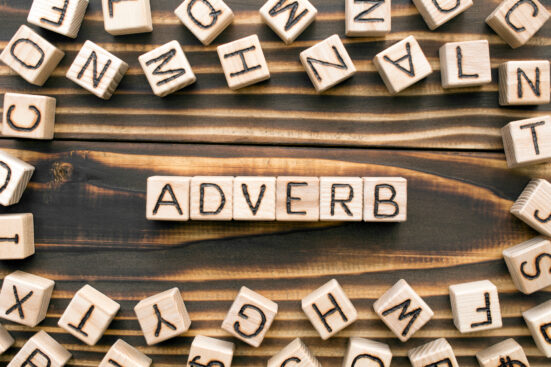I have a confession to make: I made a reflexive edit in a manuscript based on personal preference. Worse, I then boasted about it online. While this isn’t world ending, it is something copyeditors should strive to avoid. Think of it as a minor offense rather than a mortal one.
What was the offending edit? I changed most important to most importantly, as in:
Most importantly, copyeditors should think before they edit.
I know that most importantly and its partner more importantly are grammatically sound as sentence adverbs. I know, too, that many copyeditors reject that fact and reflexively change these phrases to their adjective cousins most important and more important (though they don’t change importantly to important, which I’ll address at the end).
Why do some copyeditors reject the adverb form? Arguments against the usage include:
- AP Stylebook doesn’t allow it.
- It’s an adverb but it’s not modifying anything in the sentence.
- It should be more/most important because it’s an elision of what is more/most important.
The Style Manual Says …
Let’s take the easy one first: Style manuals advise; they don’t dictate. You’re not obligated to follow any one style manual to the letter, unless the boss says so. What’s more, AP Stylebook tossed out this advice several years ago. Hooray for good sense!
Why is it good sense? Because the advice was that using more/most importantly is ungrammatical and that’s just not true.
The Adverb Isn’t Modifying Anything
Yes, the phrases are adverbs, but don’t forget that adverbs can modify more than just verbs. They can also modify entire sentences from three positions in the sentence: at the beginning, immediately after the subject, and at the end. So more/most importantly can modify the entire sentence.
More/Most Important Is an Elision
Is the adjective form an elision of what is more/most important? In Modern English Usage, Bryan Garner argues that the elision argument “does not work with analogous phrases, such as more notable and more interesting. Both of those phrases require an –ly adverb.” One of his examples:
More interestingly, he earns lots of money.
If I saw What is more interesting, he earns a lot of money, I’d want to change it to What is more interesting is that he earns a lot of money. But if Garner is right, why is What’s more, AP Stylebook has seen the light OK? This point requires more research, but I think we can address the objection another way.
On its own, more/most important is an adjective phrase that is modifying the entire sentence. Longman’s Grammar of Spoken and Written English states that “adjectives—with or without accompanying modifiers—sometimes serve to link clauses or sentences to another.” It offers the example Even more important, the prospect of a single currency would eliminate an enormous source of uncertainty for business, which suits this situation nicely.
No One Right Answer
Both the adverb and adjective forms are grammatically correct. Interestingly, without more or most, important can’t modify the entire sentence. We have to use the adverb form in that case:
Important, copyeditors should think before they edit.
Importantly, copyeditors should think before they edit.
Is there any justification, then, for changing more/most important to more/most importantly? Not really.
Copyeditors are allowed to edit based on style and rhythm, but after researching this article, I’m not convinced there’s a huge difference between the two forms. Changing from one to the other is a subjective edit.
I changed an adjective to an adverb based on personal preference. Other copyeditors change the adverb to an adjective for the same reason. We’re human; we do these things.
As professionals, though, we should always work to improve our skills. We should identify cases where we make personal choices and change our ways.
And we should avoid boasting in public. It can lead to trouble.
This article originally ran on Copyediting.com on April 4, 2016.



One thoughts on “A Most Important(ly) Lesson”